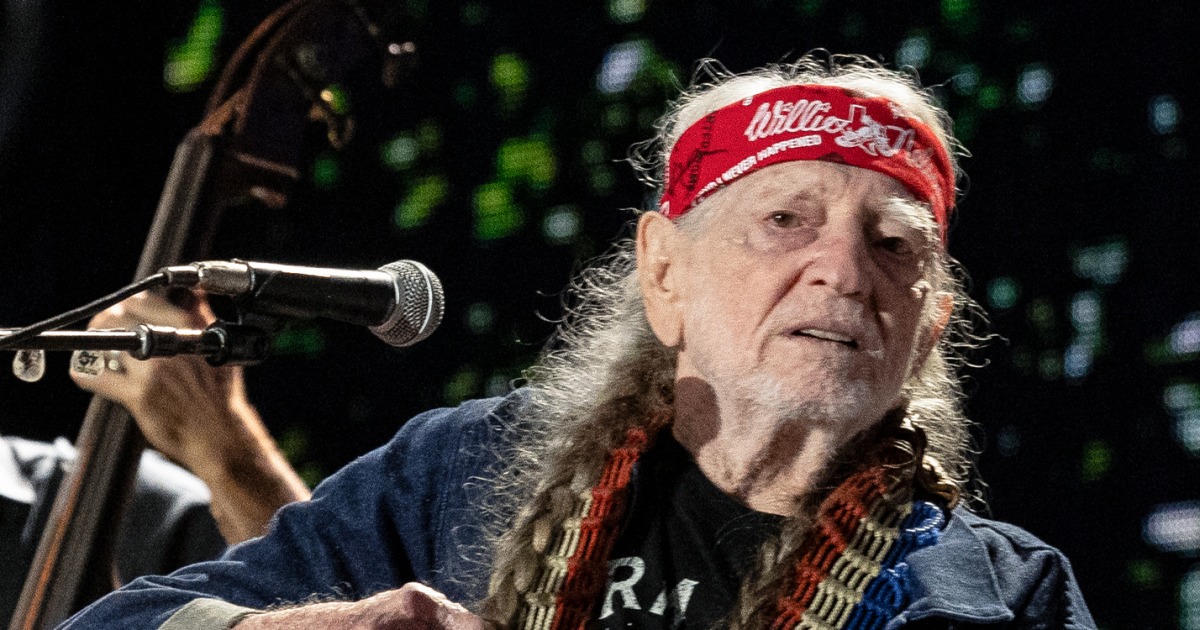Billionaire philanthropist Bill Gates expressed concern Monday about growing vaccine skepticism in the United States, suggesting that the exporting of claims by the anti-vaccine movement will likely extract a bigger death toll internationally than domestically and could also put the possibility of ridding the world of measles permanently out of reach.
“Vaccine skepticism in the U.S. kills more children outside the U.S. — because it transfers that skepticism — than it does inside the United States,” Gates said during a discussion at a STAT event in Cambridge, Mass., where he was speaking about a $2.5 billion pledge to women’s health initiatives.
Gates, founder and head of the Gates Foundation, was asked by STAT’s Matthew Herper about the mounting debate in the United States — led by health secretary Robert F. Kennedy Jr. — about what many vaccine experts believe are settled issues around vaccine safety.
A vaccine panel Kennedy appointed to advise the Centers for Disease Control and Prevention voted in late June to require all flu vaccine doses marketed in the U.S. to be free of thimerosal, a preservative that has a long safety record but that the anti-vaccine movement believes is harmful. More recently, Kennedy has taken public aim at a large Danish study that found no evidence of an association between aluminum salts — used in some vaccines to boost the immune response they generate — and a range of conditions such as asthma and autism.
Gates noted that in the developing world, where children’s underlying health status can be more tenuous than is the norm in the United States, measles infections can lead to a substantially higher death rate than is seen in richer countries.
He also noted that the Gates Foundation has been funding work on a combined polio, malaria, and measles vaccine, one that would be delivered via a patch rather than an injection. Underlying the work seems to be the hope that measles could be a target for eradication — effectively wiping the pathogen off the face of the planet.
Only one human disease, smallpox, has ever been eradicated. The world has been struggling for nearly four decades to eradicate polio, with the Gates Foundation as the lead funder of that effort at this point.
Measles, too, could be a target for eradication, because the virus only infects people; it has no other animal reservoir. So if transmission among people could be stopped with high vaccination rates, the virus would die out. But growing resistance to measles vaccines, which many in the anti-vax movement blame for the rise in autism rates, could take that ambition off the table, Gates said.
“Now we’re going to have to say, does rich country skepticism alone mean that we will not take on measles eradication?” he asked.
On the issue of polio eradication, Gates said he believes it can still be achieved. Only two countries, Pakistan and Afghanistan, have never managed to stop transmission of polio viruses. The two countries combined have reported 19 cases of paralytic polio so far this year.
Asked if he thought polio eradication was still worth the investment, Gates said to cease the effort would see a return to a situation where as many as 100,000 children would be paralyzed annually.
“You have a choice. You can stop spending that money and have polio spread back and have global health have a huge failure. You wouldn’t go back to the peak because as you improve sanitation in countries … so economic development slowly reduces that. So it won’t come back in big numbers to rich countries, but it will come back in gigantic numbers to Africa and Asia,” he suggested.
Gates said he believes the goal is still reachable, but acknowledged the foundation’s substantial spending on the project could be coloring his views.
“Once you spend billions of dollars on something, maybe you’re biased towards hoping that it works,” he said. “But I think I’m being objective to say, no, this is money that we’re going to continue to spend.”
He also expressed some hope that the massive aid funding cuts that the U.S. government instituted with the closing of the U.S. Agency for International Development may eventually be reversed.
“I do think that we’ll make the case for a lot of that funding to be restored; at least we’re going to do the best on that,” he said.
Source link

